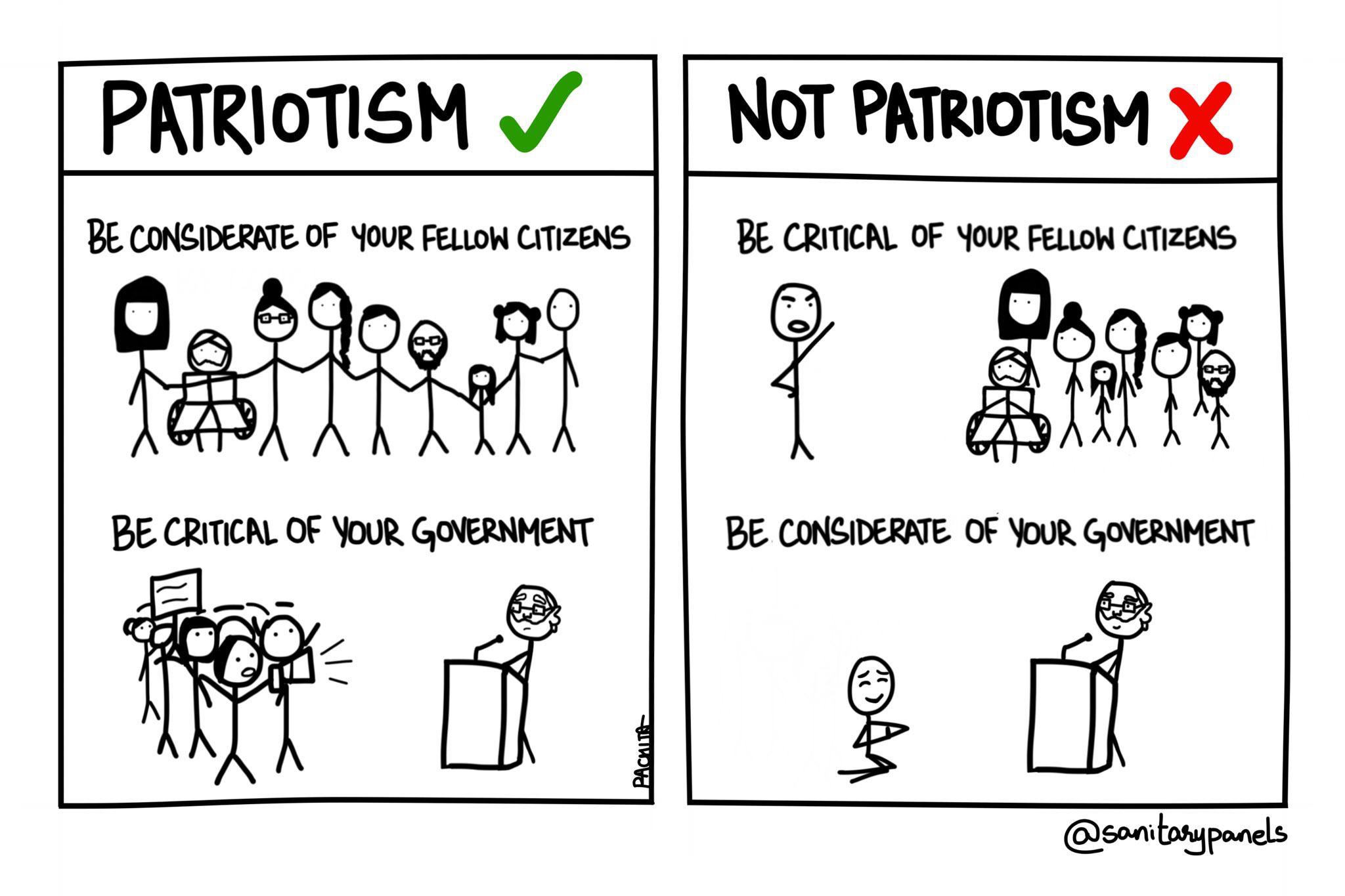News Juxtaposition: Climate Change
Here are some news snippets from the last few weeks.
- Yangtze shrinks as China’s drought disrupts industry (NPR)
- Drought Causes Yangtze – China’s Most Important River – To Dry Up (scitechdaily.com)
As China’s most important river, the Yangtze provides water to more than 400 million Chinese people. This summer, with rainfall in the Yangtze basin around 45% lower than normal, it reached record-low water levels with entire sections and dozens of tributaries drying up. The loss of water flow to China’s extensive hydropower system has created problems in Sichuan, which receives more than 80% of its energy from hydropower.
- Pakistan Flood Situation To Worsen As Indus And Swat To Swell Further, Monsoon Fury Claims Nearly 1,000 Lives (cnbctv18.com)
- Pakistan floods leave more than 1,000 dead, a half million survivors in camps (wtoc.com)
Nearly a half million people crowded into camps after losing their homes in widespread flooding and the climate minister warned Monday that Pakistan is on the “front line” of the world’s climate crisis after unprecedented monsoon rains wracked the country since mid-June, killing more than 1,130 people.
The drama is just the latest problem as the state experiences its biggest insurance crisis since Hurricane Andrew in 1992. […] In the last two years, more than 400,000 Floridians have had their policies dropped or nonrenewed. Fourteen companies have stopped writing new policies in Florida. Five have gone belly-up in 2022 alone. The record, set after Hurricane Andrew’s devastation, is eight in one year.
The latest casualty was Coral Gables-based Weston Property & Casualty, which leaves 22,000 policyholders — about 9,400 in South Florida — scrambling to find new insurance companies.
Costs also have skyrocketed. In 2019, when DeSantis was sworn in, Floridians paid an average premium of $1,988. This year, it’s now $4,231, triple the national average, according to an Insurance Information Institute analysis.
[T]he study published in the journal Nature Climate Change used satellite measurements of ice losses from Greenland and the shape of the ice cap from 2000-19. This data enabled the scientists to calculate how far global heating to date has pushed the ice sheet from an equilibrium where snowfall matches the ice lost. This allowed the calculation of how much more ice must be lost in order to regain stability.
The research shows the global heating to date will cause an absolute minimum sea-level rise of 27cm (10.6in) from Greenland alone as 110tn tonnes of ice melt. With continued carbon emissions, the melting of other ice caps and thermal expansion of the ocean, a multi-metre sea-level rise appears likely.
“It is a very conservative rock-bottom minimum,” said Prof Jason Box from the National Geological Survey of Denmark and Greenland (Geus), who led the research. “Realistically, we will see this figure more than double within this century.”
Climate change is happening, our civilization as it currently stands will be upended because of it, and we as a global society have done (next to) nothing to mitigate it. The best time to take measures to decelerate climate change was decades ago; the next best time is right now. Either we grit our teeth and hold our breath through a couple of decades of accelerated, painful, transition to sustainable energy use, or… we will be forced to hold our breath under water as our coastal life submerges.
By the way, 40% of the world’s population lives within 100km (60mi) the coast.
